Our client benefited from a product that monitors the flow of goods through checkpoints and advises which components or ingredients should be used first. Our team assisted in developing a functional prototype to manage product expiration dates across all supply chain stages.
E-feller is a Finnish startup founded in 2017 with an ambitious mission to reduce food waste throughout the supply chain. Their mission was to create a platform that allows you to track and manage the shelf life of products. The product is a web and mobile app available to food manufacturers, distributors, retailers and consumers. E-feller already works with a number of major companies in the food industry and plans to expand to other countries in Europe and North America.
E-feller wanted to use advanced technology to solve the problem of food waste. The client needed a team that could integrate the platform with IoT devices such as temperature sensors, RFID tags and GPS trackers to track real-time location, temperature and other product parameters throughout the supply chain. The client also wanted a tool to forecast demand, optimise inventory and determine the best routes for product delivery. The mobile app should scan product barcodes to get information on expiry dates and receive notifications when products are approaching their expiry dates.
Our engineers proposed the client to develop a comprehensive solution in the form of a digital platform. For this, they created a working prototype using React.js, Redux.js, Recharts.js and Moment.js. Using IoT technologies, E-feller can track product expiry dates at every stage of the supply chain, manage inventory, optimise logistics, and forecast demand.
One of the primary and measurable impacts of the E-Feller solution was the improvement in supply chain efficiency. E-Feller, in collaboration with Computools, streamlined the tracking and management of expiring products across all stages of the supply chain. This led to a reduction in product wastage, optimizing inventory management, and enhancing overall operational efficiency. E-Feller observed a 75% decrease in product wastage across the supply chain.
The launch of the MVP and subsequent digital platform garnered attention and recognition within the food industry. E-Feller’s approach positioned them as pioneers in tackling global food waste challenges. This recognition boosted the client’s credibility and facilitated the adoption of their solution by other stakeholders in the industry.
E-Feller discovered Computools through industry conference and online research for qualified developers experienced in IoT and Big Data.
They assessed factors like expertise, experience in relevant technologies, successful project portfolios, and cultural fit. Ultimately, E-Feller selected Computools as their partner for several compelling reasons:
Once the partnership commenced, the initial focus was on establishing a clear understanding of E-Feller’s goals and project requirements. This might have involved:
Before partnering with Computools and developing their innovative platform, E-Feller faced a significant challenge: food waste throughout the food supply chain. Spoiled food translates to lost revenue for businesses across the supply chain, from manufacturers to retailers. Food waste contributes to greenhouse gas emissions and puts a strain on valuable resources like water and land. Inconsistent tracking and management of product expiry dates can lead to unnecessary waste and missed opportunities for optimization.
Feller first recognized the critical need for a sophisticated platform that could leverage technology to address food waste. This involved defining their specific requirements, such as real-time product tracking, expiry date management, and data analytics for informed decision-making. For development the company chose us.
With the following aspects of the project, Computools played a core role in:
We helped the client make several key decisions that had a significant impact on the success of the project. Namely, the use of IoT technology, providing an API interface for integration with other systems.
Together with the client's designers, our in-house designers developed the prototype.
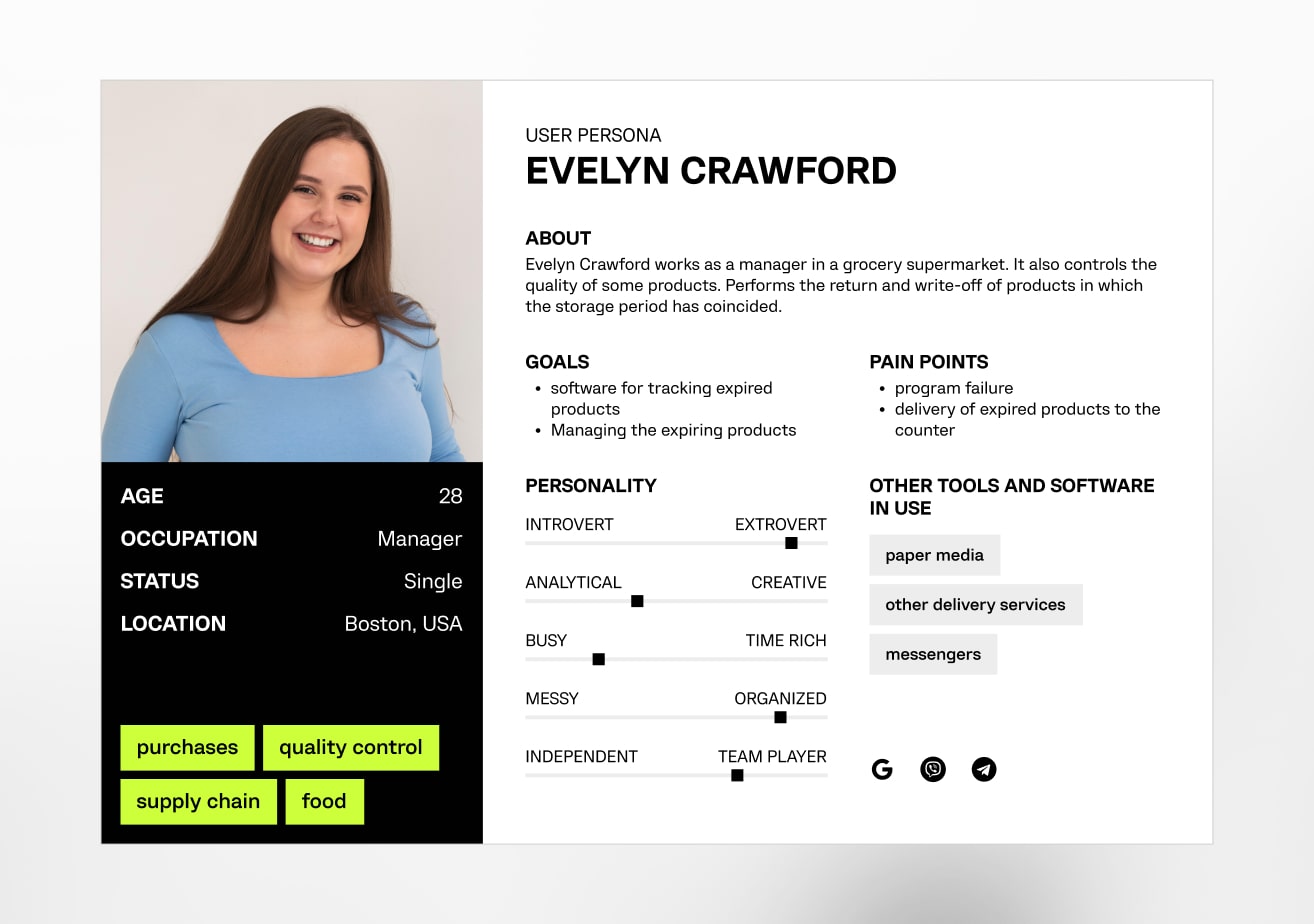
Creating a tech-savvy user persona focused on efficient inventory
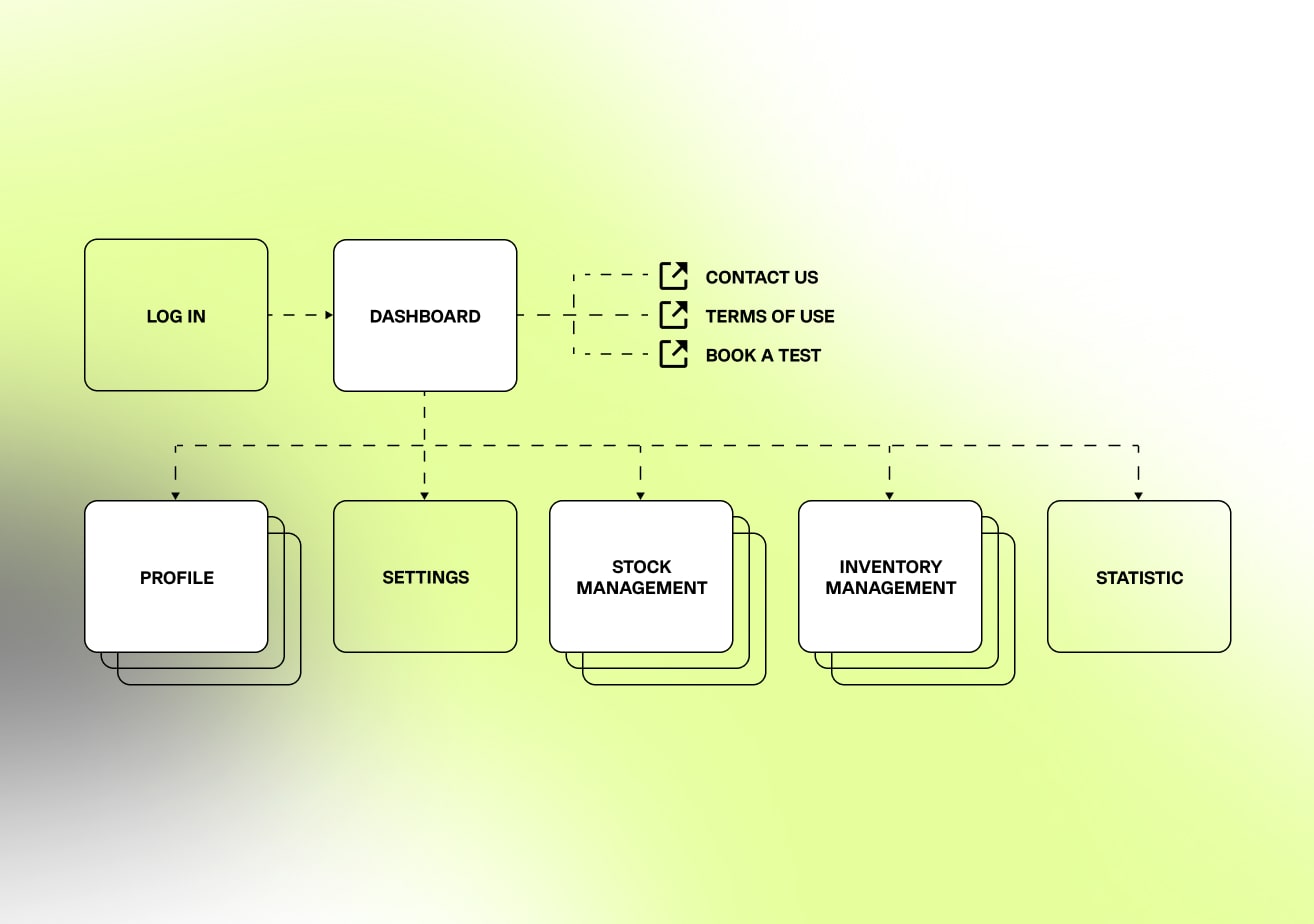
Visualising the website's structure for a seamless user journey
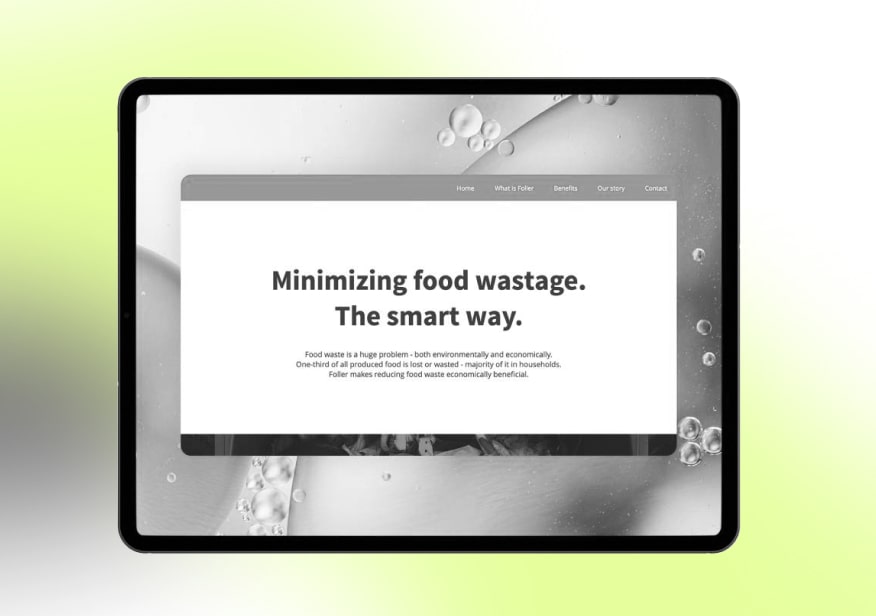
Sketching the blueprint: simplified visual guides for user interface elements
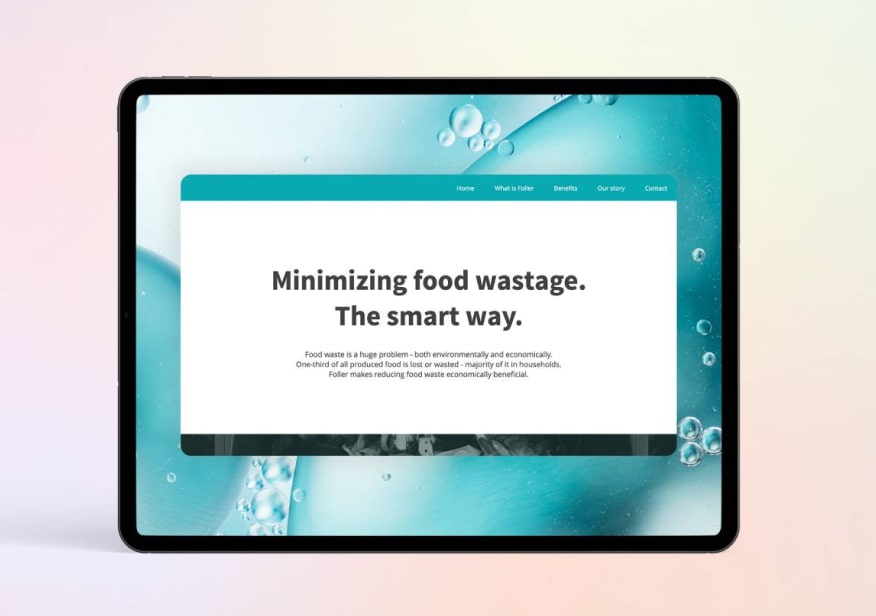
Crafting an intuitive interface for a seamless and engaging user experience
REACT.JS
Computools team employed React.js to develop the user interface. This declarative JavaScript library automatically updates and renders interfaces to reflect data changes. The component logic allowed software engineers to pass rich data through the app and keep state out of the DOM. React enabled developers to create new features without rewriting the code.
REDUX.JS
Redux is a tiny yet predictable state container for JavaScript applications. It pairs perfectly with the React library and ensures consistent performance across a variety of environments from native to server. It’s an efficient tool for globally distributed teams because of its live-editing time travel environment that accelerates development and debugging.
RECHARTS.JS
Computools software engineers integrated charts into the client’s app through the use of Recharts.js. This composable library relies on reusable decoupled React components and is built on SVG elements with a lightweight dependency on D3 submodules. The power of Recharts.js is released by developing custom components and tweaking the properties of the existing components.
MOMENT.JS
With the importance of dates and time calculations to the client MVP in mind, Computools developers employed Moment.js. This JavaScript library works both on client-side and server-side and provides various features to parse, validate, manipulate and display times and dates. Easy set-up and user-friendly output are among the primary benefits of Moment.js.
The Kanban framework was adopted for its simplicity and flexibility. It enabled the team to visualise the workflow, optimise processes and maintain a continuous and steady pace of delivery.

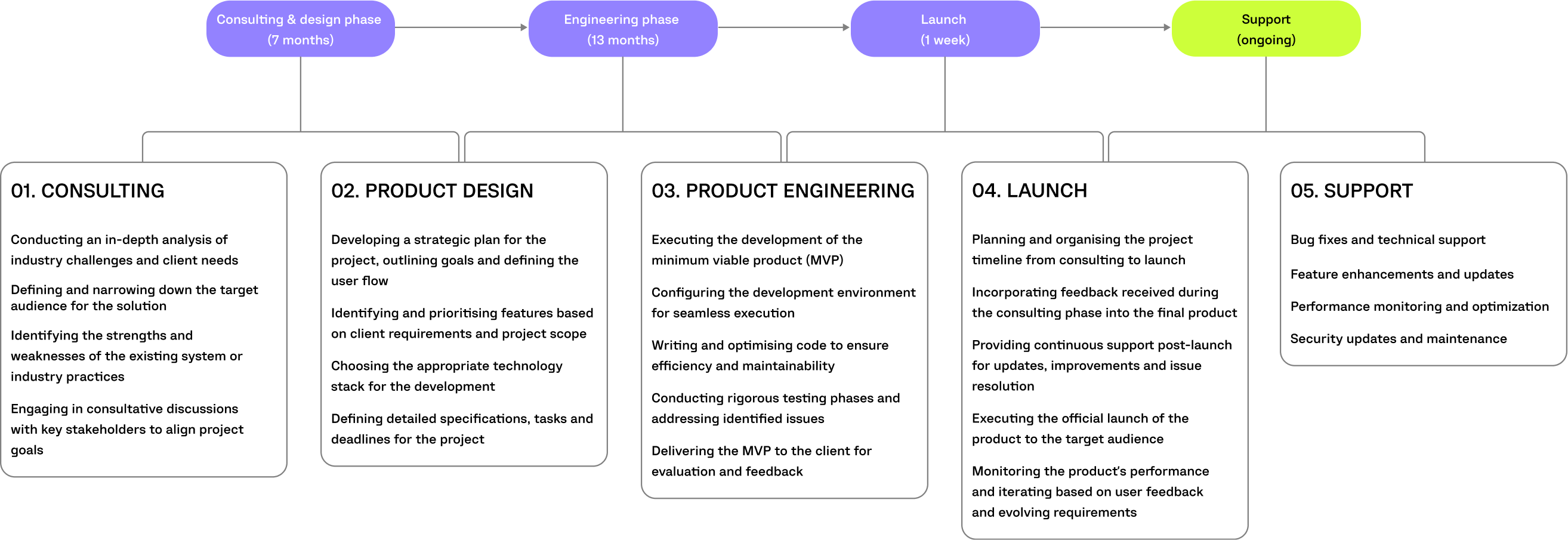
“Computools was selected through an RFP process. They were shortlisted and selected from between 5 other suppliers. Computools has worked thoroughly and timely to solve all security issues and launch as agreed. Their expertise is impressive.”